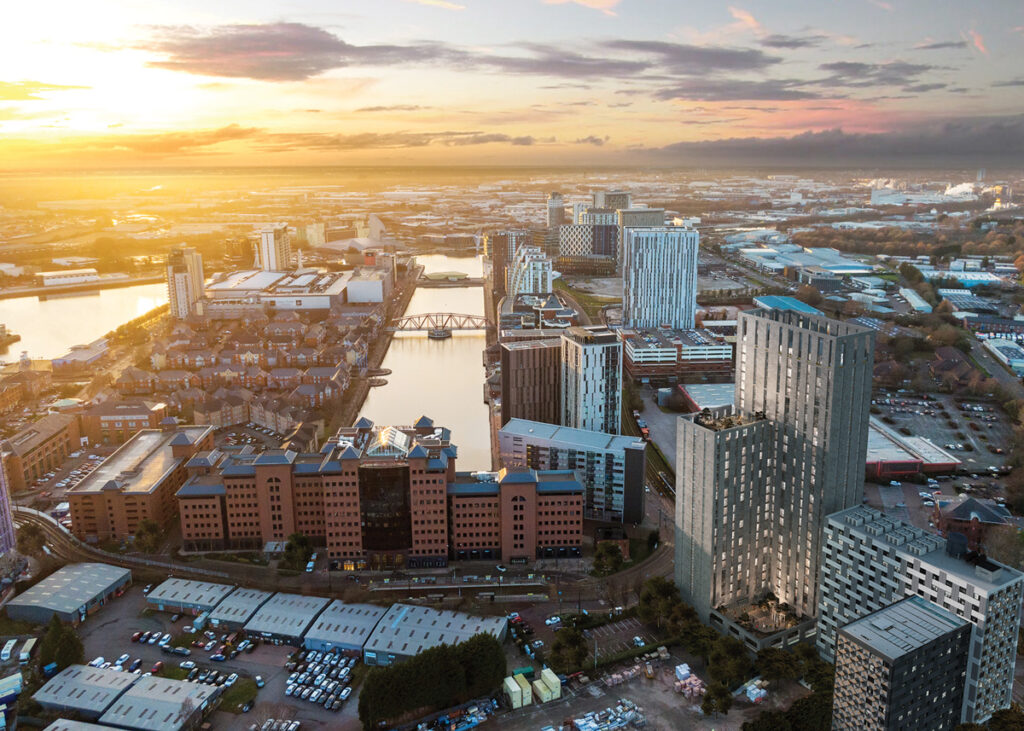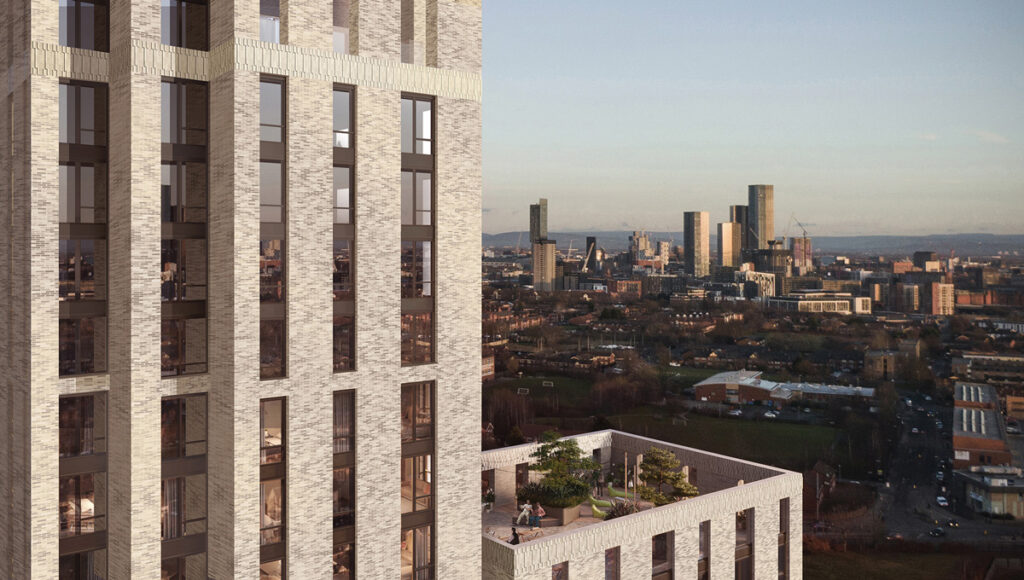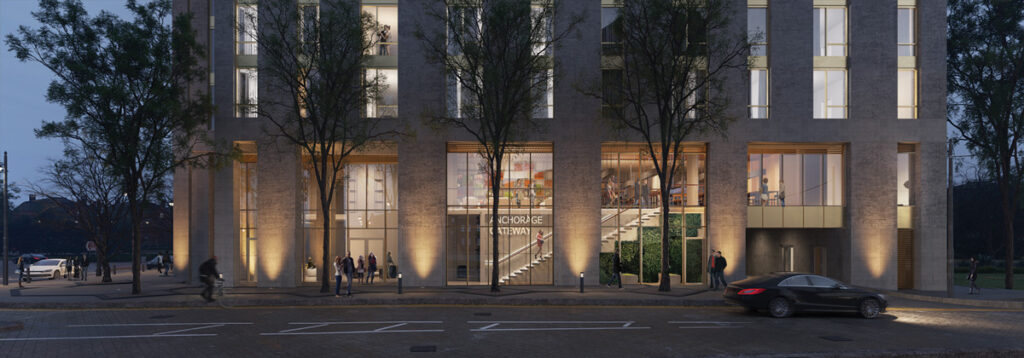For several months now, global architects and masterplanners Chapman Taylor have been considering the impacts of the pandemic on every aspect of planning and design, from hospitality and retail to cinema and transportation. In addition, residential design has been a key focus.
On the subject of residential design, UK Director Michael Swiszczowski says that the pandemic and its impacts have “thrown many assumptions about the way we live upside down, causing developers to reassess their approach.” The company is focused, among other issues, on how lockdown has changed the perception of the nature of work. And that means accommodating that change when designing for the future, particularly the work-from-home phenomenon. They have also been considering the implications for residential design of the need to ensure health security – particularly lessening the risk of infection transmission – and of how our homes become central to our lives, especially our physical and mental wellbeing, in a lockdown-type situation.
Chapman Taylor believe that build-to-rent developments in particular are ideally placed to provide solutions for some of the above issues, identifying the sense of community (physical and digital) and culture of service build-to-rent engenders as a means of helping protect residents’ wellbeing. On a practical level, the company has presented design solutions to improve the working-from-home experience, including foldable work stations and flexible room dividers, walk-in wardrobes which double as home offices, shared amenities and even co-working spaces.
They are currently implementing these ideas on their projects at Anchorage Gateway in Manchester, which is being designed for the needs of the present and the future.



